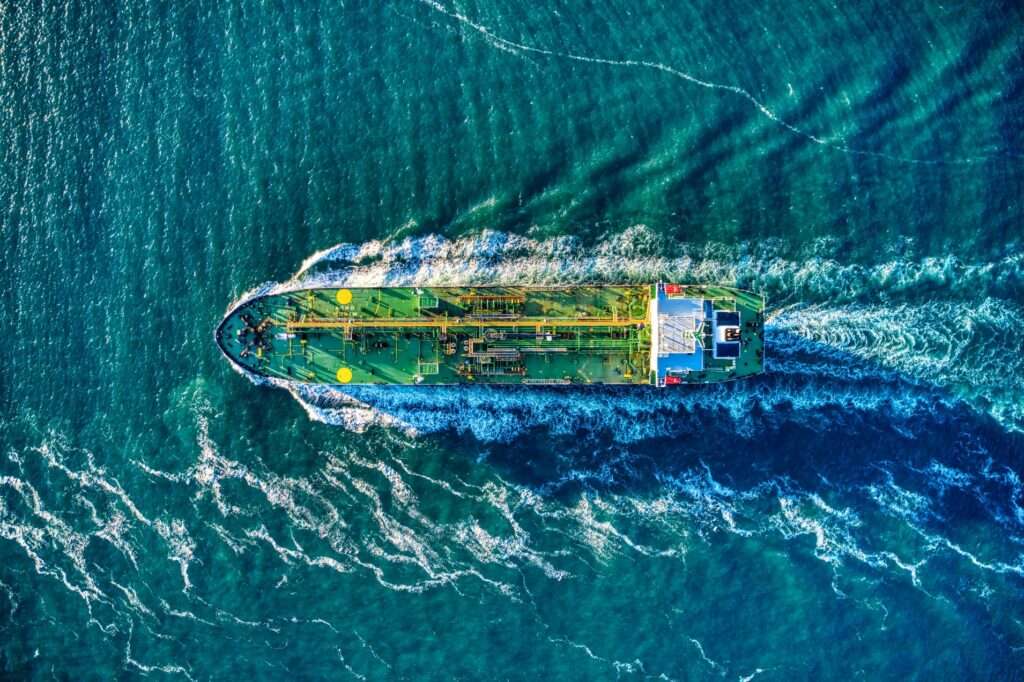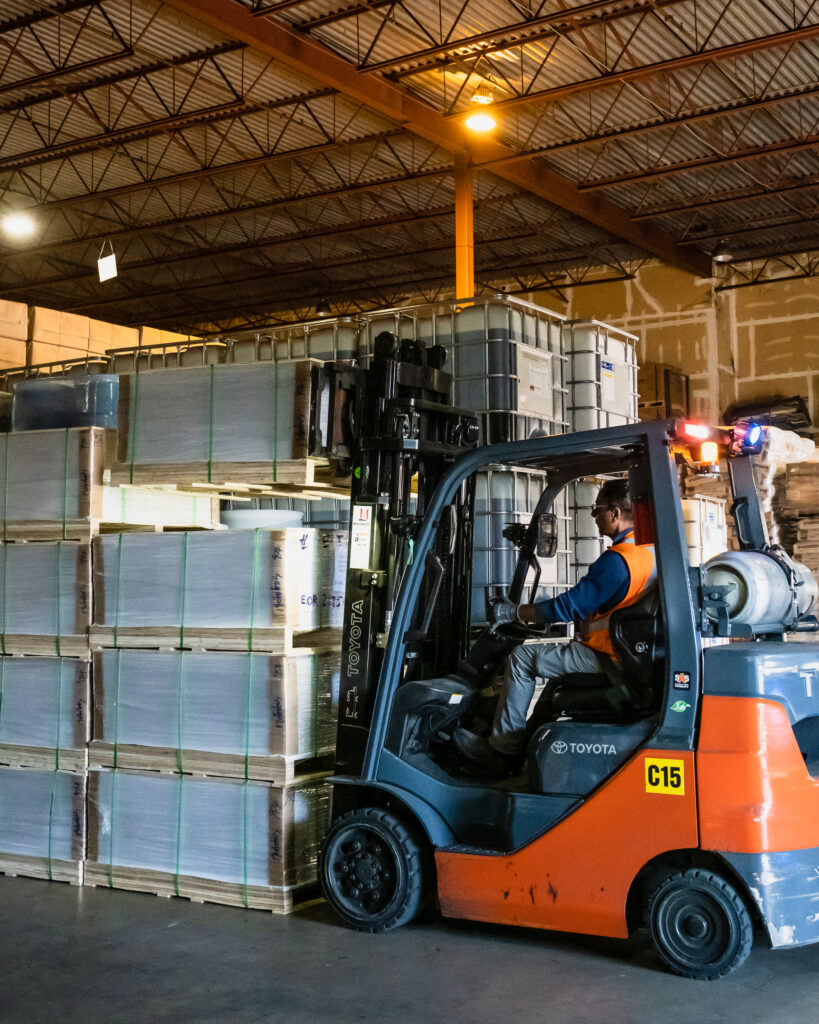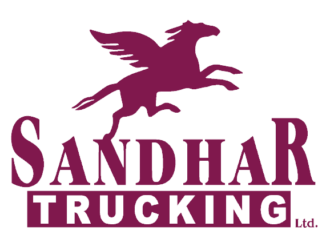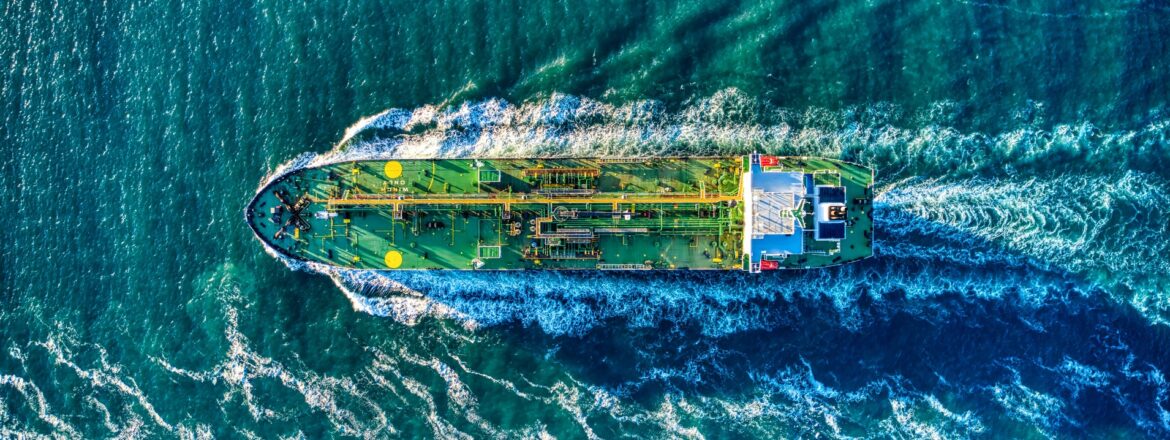
Understanding Incoterms: The Backbone of International Shipping
Navigating the complex world of global shipping is a challenge that demands a solid grasp of industry terminology. Understanding these terms is key to ensuring the safe, timely arrival of your goods at their intended destinations. Today, we’ll demystify some of the most frequently encountered ocean freight terms and abbreviations, shedding light on concepts that are pivotal for any shipper.
Incoterms, or International Commercial Terms, are essential in the realm of international trade. Developed by the International Chamber of Commerce, these terms play a crucial role in simplifying global transactions. By defining the responsibilities, costs, and risks for both buyers and sellers, Incoterms ensure clarity and prevent misunderstandings during the shipping process.
Decoding Crucial Shipping Abbreviations
- – What is COD (Change of Destination): This term is used when a request is made to reroute a container to a different destination than originally listed on the Bill of Lading.
- – What is CYCY (Container Yard to Container Yard): Refers to the process where goods are moved from one container yard to another, highlighting the carrier’s responsibility from the point of loading to the point of discharge.
- – What is DM (Demurrage): Demurrage fees are incurred when imported containers are not collected on time, with charges accruing regardless of the cause of delay.
- – What is DT (Detention): Detention fees apply when empty containers are not returned within a set period, emphasizing the importance of timely container management.
- – What is FCL (Full Container Load) vs. LCL (Less Than Container Load): These terms distinguish between shipments that occupy an entire container (FCL) and those that share container space with other shipments (LCL).
The Role of the Bill of Lading
The Bill of Lading (BOL) stands as a cornerstone in the complex edifice of international shipping and trade. Beyond its fundamental roles as a detailed record of the transaction and a receipt of goods shipped, the BOL embodies a multi-dimensional utility that underpins the fluidity and security of global commerce.
Types of Bills of Lading There are various types of BOLs, each tailored to specific shipping needs:
- Straight BOL: Used when the goods are consigned to a specified party, it is non-negotiable, meaning it does not allow for the transfer of cargo ownership through the endorsement of the document.
- Order BOL: A negotiable instrument, this type allows the transfer of cargo ownership through endorsement, facilitating trading and financial transactions.
- Sea Waybill: Similar to the straight BOL in that it is non-negotiable, but it does not require the physical document for the release of cargo at the destination, often speeding up the delivery process.
In summary, the Bill of Lading is not merely a piece of paper but a vital instrument that facilitates global commerce, providing trust, clarity, and security to the complex processes of shipping goods internationally. Its importance cannot be overstated, serving as the linchpin in the movement of goods across the globe, ensuring that products reach their destinations safely, and legal and financial interests are protected.

Container Types: Understanding GP, ST/STD, and HC/HQ
- – GP (General Purpose) and ST/STD (Standard): These containers, available in 20’ and 40’ sizes with a standard height of 8’6”, are suited for goods that don’t require temperature control.
- – HC/HQ (Hi Cube): Offering an additional foot in height compared to GP or ST containers, these are ideal for slightly taller cargo.
At Sandhar Trucking Ltd.., located in Richmond, BC, we excel in providing top-tier container trucking and sufferance warehousing services. With privileged access to major ports and rail connections in Metro Vancouver, we facilitate the transport of imported goods from the Port of Vancouver to our warehouse for CBSA examinations, additional processing, or storage. Our LTL/FTL offerings ensure smooth transportation across BC, Alberta, Ontario, and Quebec.
To discover how we can contribute to your business’s growth, reach out to our expert team today at (604)-276-9044 or via email at info@sandhartrucking.com. Let’s embark on a journey towards streamlined, effective shipping solutions together.

